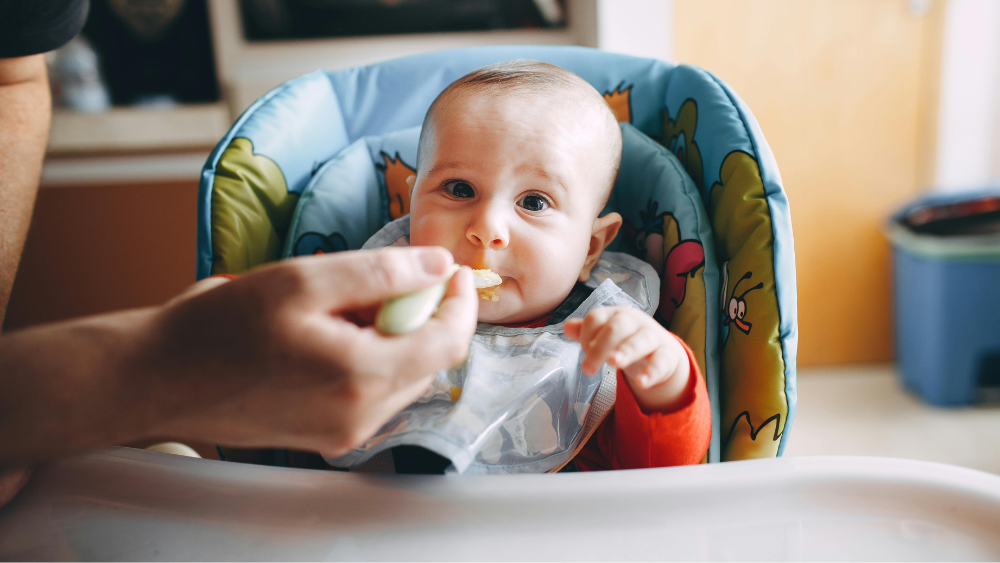From as early as 9 weeks into pregnancy, your baby’s sense of taste begins to form. Their tiny mouth and tongue develop taste buds, and through swallowing amniotic fluid, they start experiencing the flavours of what you eat and drink.
Flavours in the Womb
As you enjoy your meals, flavour molecules pass through your bloodstream into the amniotic fluid, giving your baby a sample of your diet. Whether it’s something sweet, spicy, or savoury – your baby is already getting a taste of it. This early exposure can even shape their preferences later when they start solids.
At Birth
Newborns are born with about 10,000 taste buds – more than most adults! These are located not just on the tongue, but also on the roof of the mouth and throat. They can detect sweet and sour flavours from birth, with a clear preference for sweet tastes – like breast milk.
Their sense of smell is also active from birth, helping them identify your scent and even distinguish your breast milk from someone else’s.
Baby Taste Development by Age
0–3 months:
Taste buds are super sensitive. Your baby prefers sweet flavours and might react to bitter ones. They start using their tongue to explore, especially by mouthing objects.
3–6 months:
Your baby may start putting toys or their hands in their mouth – this is normal and helps them learn about textures and tastes. Just be sure they’re safe and clean.
6–12 months:
Time for solids! New flavours and textures can be surprising at first, and it’s common for babies to be unsure. Try offering new foods several times – it can take up to eight tries before they accept them. Around 7–8 months, they’ll enjoy soft finger foods like cooked veggies or fruits.
Why Babies Want to Taste Everything
Babies explore with their mouths because it's more sensitive than their hands. Mouthing helps them understand their environment – but it also means parents need to be cautious about choking hazards or unsafe objects. Offer safe, textured toys to encourage healthy exploration.
As your baby grows – usually around 12 to 18 months – they’ll rely less on their mouth to explore the world.
Encourage Healthy Tastes
Your baby watches your reactions closely. If they see you enjoying healthy foods, they’re more likely to try and enjoy them too. Try to stay positive around meals, even if you’re offering something they initially reject. Patience pays off!

